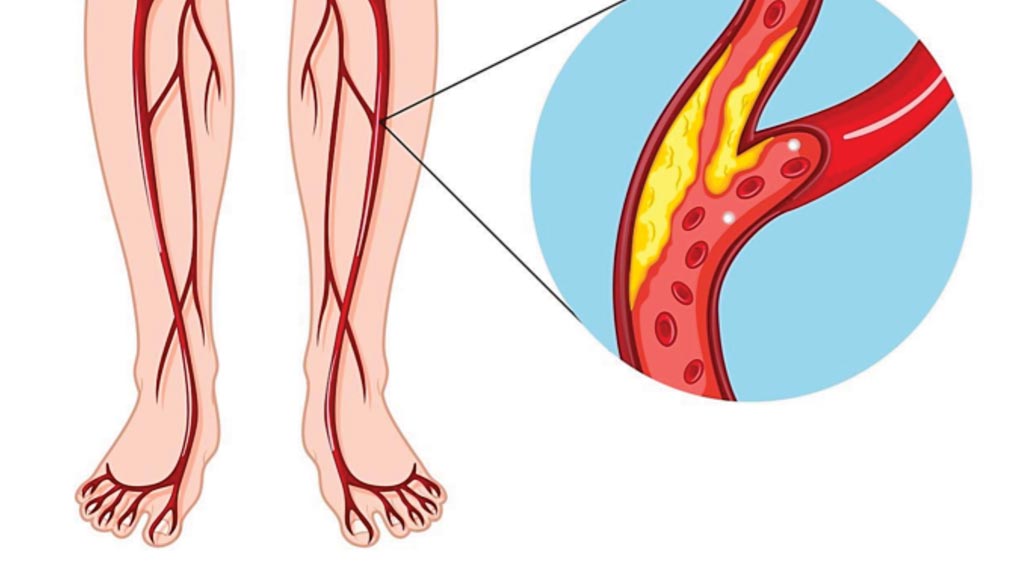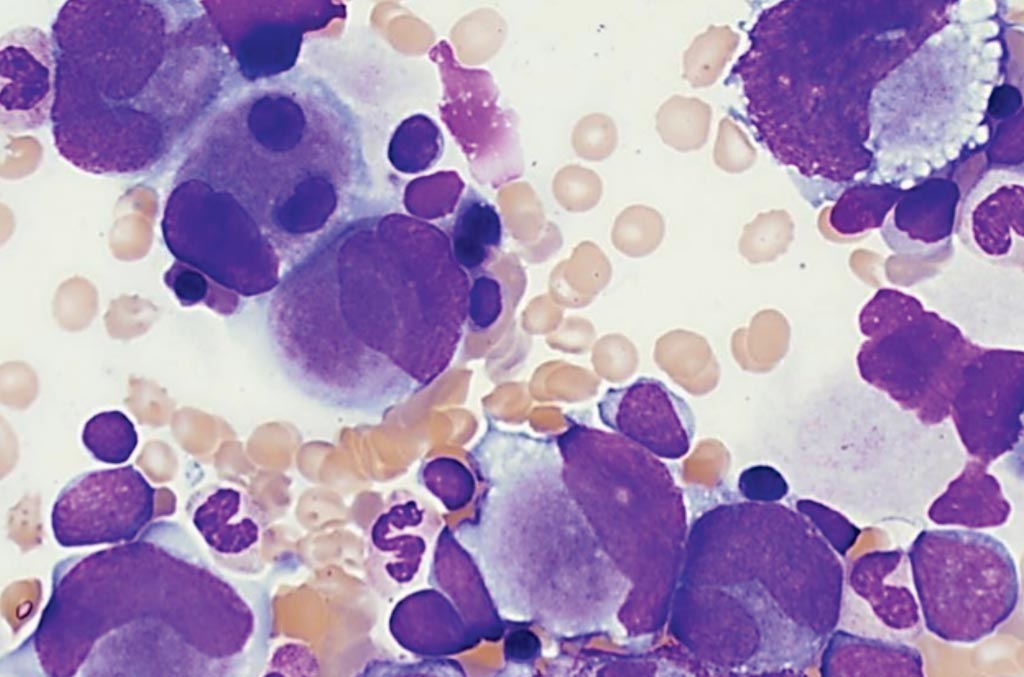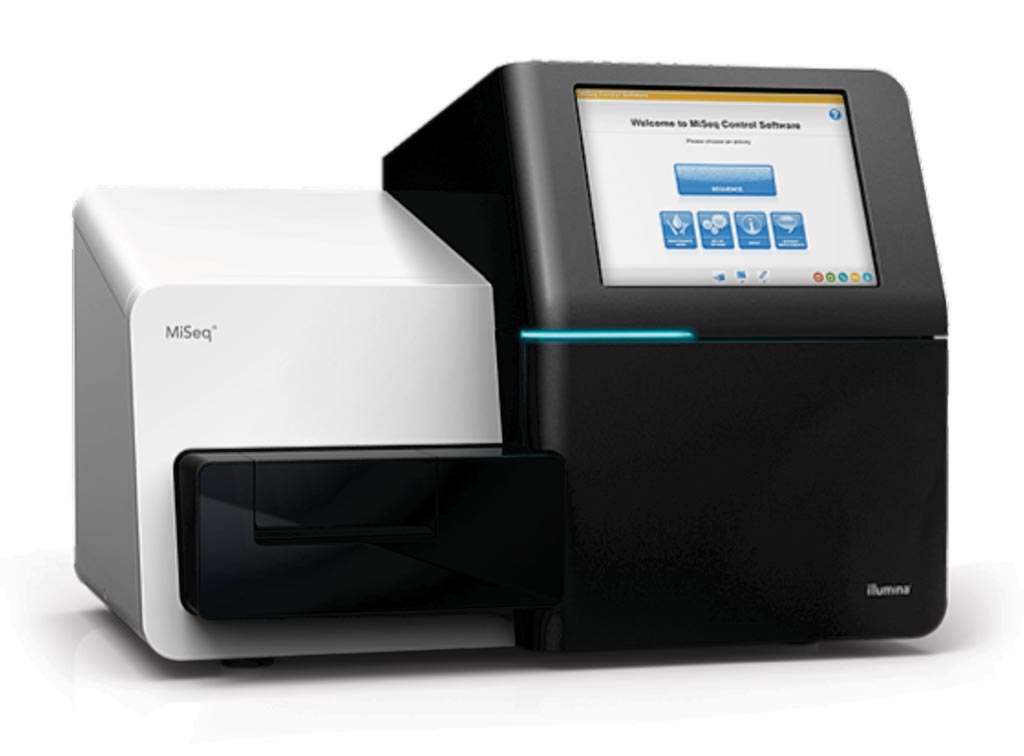Molecular Diagnostics

GWAS Links Novel Loci to Peripheral Artery Disease Risk
Peripheral artery disease (also called peripheral arterial disease, PAD)) is a common circulatory problem in which narrowed arteries reduce blood flow to the limbs. PAD most commonly affects arteries in the legs. Both PAD and coronary artery disease (CAD) are caused by atherosclerosis. More...25 Jul 2019

Genetic Changes Linked to Leukemia in Down’s Syndrome Children
Of the 30% of children with Down's syndrome who are found to have 'myeloid preleukemia', only 10% of those will go on to develop myeloid leukemia (3% of all children with Down's syndrome). Until now, it was not understood why only some children with the GATA1 mutation were progressing to full leukemia, while others were not. More...24 Jul 2019



Measurement of Circulating CRP Reduces Unnecessary Antibiotic Treatments
By determining levels of C-reactive protein (CRP) in the blood, it was possible to reduce the number of unnecessary prescriptions for antibiotics that were issued in the United Kingdom to individuals experiencing flare-ups of their chronic obstructive pulmonary disease (COPD). More...22 Jul 2019

In Other News
Low-Frequency TP53 Gene Mutations Also Found in Healthy Women
Blood Test Complements Colonoscopy for Lynch Syndrome Patients
Regulatory T-cell Responsiveness Predicts Risk of Cancer Relapse
Metabolomics Analysis Method Used for Diagnosis of IBD
Protein Linked to Aggressive Skin Cancer
Test Determines If Cancer Patients Require Chemotherapy
Automated Approach Predicts Alzheimer's Disease Risk
Levels of NfL Increase Accuracy of Stroke Risk Prediction
Whole-Blood Testing Diagnoses Acute Zika Virus Infections
Metastases May Form Early in Development of Colorectal Cancer
Fetal Genetic Variants Implicated in Spontaneous Preterm Birth Risk
New Genetic Link to Premenopausal Breast Cancer Discovered
New Biomarker Test Improves Diagnosis of Ovarian Cancer
Graphene-Based Transistor Detects Bacteria in Microdroplets
Researchers Use NIV Methods for Diagnosis of Endometrial Cancer
Novel Nanoparticle Sensor Array Detects Early Stages of Cancer
Alzheimer Disease Stratified by APOE Genotype
Pathogenic Variant Carriers Missed by Current Genetic Testing
RT-LAMP Used to Genotype and Diagnose Chikungunya
Immune-Related Gene Implicated in Chronic Candida Infection Risk
Clinical Metagenomic Sequencing Improves Diagnosis of Neurological Infections
Identifying Colorectal Cancer Subtypes Improves Treatment Decisions
Blood Drop Assay Designed for Monitoring Antimalarial Drug Resistance
Genetic Testing channel of LabMedica brings the latest in molecular genetics, cytogenetics, and epigenetics, and methods from PCR to FISH, and more.










